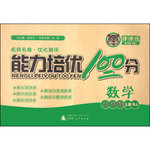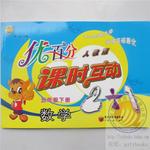题目内容
. By no means _______ say like that. It is likely to spoil your relationship.
A. ought you B. you ought to C. should you D. you should to
C

练习册系列答案
 课课优能力培优100分系列答案
课课优能力培优100分系列答案 优百分课时互动系列答案
优百分课时互动系列答案
相关题目
题目内容
. By no means _______ say like that. It is likely to spoil your relationship.
A. ought you B. you ought to C. should you D. you should to
C

 课课优能力培优100分系列答案
课课优能力培优100分系列答案 优百分课时互动系列答案
优百分课时互动系列答案